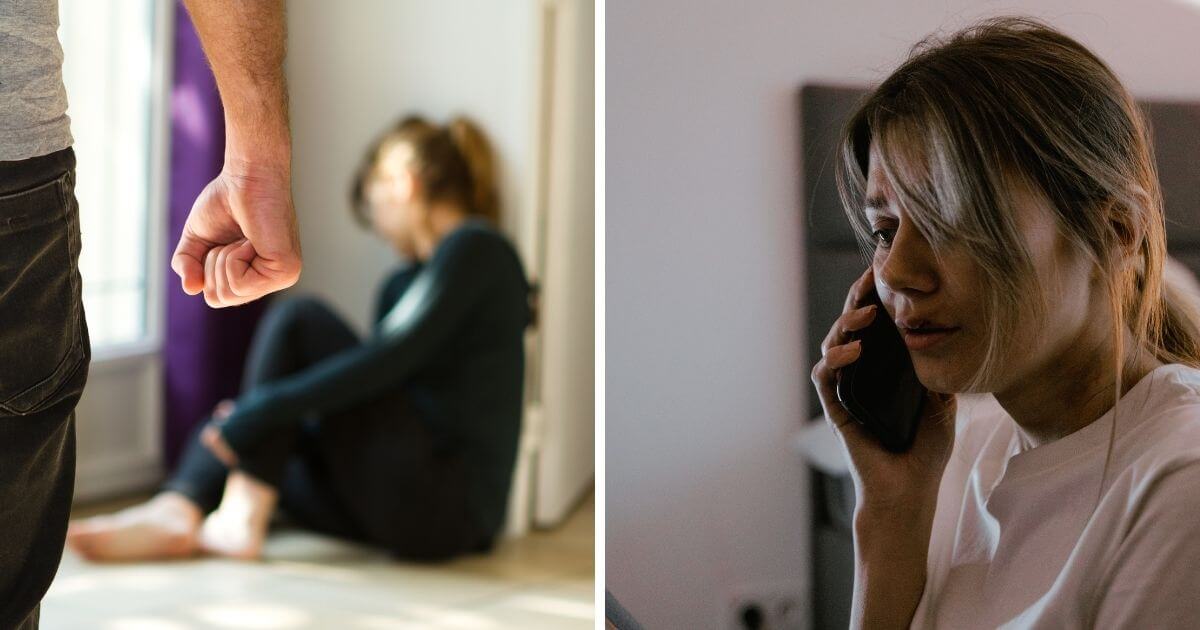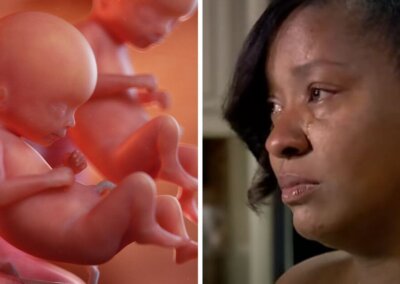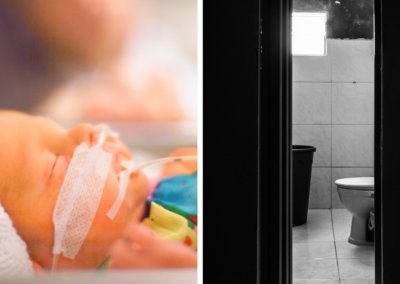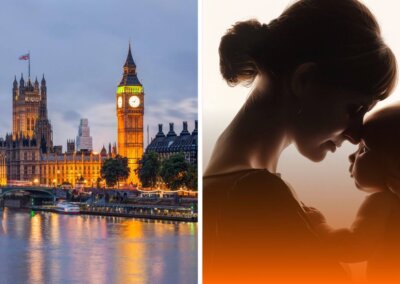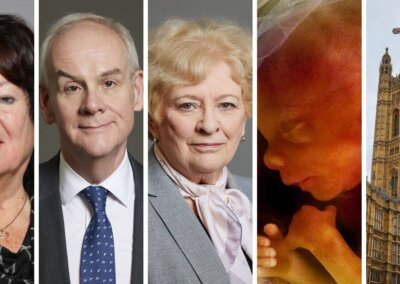Top NHS doctors and nurses involved in the safeguarding of children have come out against ‘DIY’ abortions which “enable unseen and unheard coercive adults to influence the patient”.
The House of Commons is set to debate an amendment that would make ‘DIY’ home abortion permanently available, thereby overturning the Government’s decision to end the temporary practice.
The National Network of Designated Healthcare Professionals for Children (NNDHP) welcomed the Government’s initial decision to end the home abortion schemes in August this year that were temporarily allowed during the pandemic. The NNDHP comprises all senior NHS doctors and nurses who fulfil statutory child safeguarding functions in the NHS. They said the decision to end ‘DIY’ home abortion meant that “children and young people will be provided with pre-Covid protections within six months”.
“real concerns about the harm the temporary arrangements have had due to the lack of face-to-face assessment…”
The NNDHP is not opposed to abortion, stating that they “support safe abortion services for the young and looked after” but they have expressed serious concerns about ‘DIY’ abortion in particular. They recommend that “all children and young people (those under 18 or those in care under 25) must be seen face to face… to clinically assess the mid-trimester risk and prevent coercion and exploitation”.
The group added that it had “very real concerns about the harm the temporary arrangements have had due to the lack of face-to-face assessment for this age group…” which “enable pills to be obtained under false pretences”.
The Royal College of Paediatrics and Child Health (RCPCH) also recognises the risks that ‘DIY’ home abortions pose to young people and children in particular. In a recent statement on the issue, the RCPCH recommends that all children and young people under the age of 18 and looked-after children up to the age of 25 are “offered and actively encouraged to take up a face-to-face appointment to assess gestation, support their holistic needs and assess any safeguarding issues as part of the pathway for early medical abortions”.
“The Lord’s amendment flies in the face of the concerns raised about the risks to women from these remote appointments”.
‘DIY’ at-home abortion was introduced as part of the Government’s pandemic response in March 2020 as a temporary measure in an effort to mitigate the effects of COVID-19. The measure, which was always intended to be temporary, is supposed to be coming to an end in August this year. However, the Conservative Peer, Baroness Sugg, has since launched a bid to make ‘DIY’ abortion a permanent feature of the law in England by amending the Government’s Health and Care Bill. Her amendment was passed by 75 votes to 35 in the House of Lords amid confusion among Liberal Democrat Peers about whether or not they had a free vote.
The amendment, which is due to be debated on Wednesday this week, will remove essential safeguards designed to protect women by helping to prevent coerced abortion and reducing the risk of complications.
Sally-Ann Hart, Conservative MP for Hastings and Rye, said: “Putting aside the troublesome fact that the issue had never been debated at any stage of the Bill in the Commons, the Lord’s amendment flies in the face of the concerns raised about the risks to women from these remote appointments”.
“Responses to the public consultation on at-home abortions highlighted the very real issue of undetected domestic abuse, and that, most concerning for women’s health, “being certified for an abortion without seeing a doctor in person increases risks of potentially life-threatening conditions being missed, pills being prescribed beyond the 10-week limit, more women being coerced into a home abortion against their wishes and pills being obtained fraudulently””.
Right To Life UK spokesperson, Catherine Robinson, said: “You don’t have to be opposed to abortion to see the dangerous effects of removing in-person consultations for a serious medical procedure. Ensuring that a woman seeking an abortion sees a medical practitioner before having an abortion is an essential safeguard against coercion and abuse and reduces the likelihood of medical complications”.
“The Government made the right decision in choosing to wind down this measure; any attempt now to reverse this decision would be a desperate and irresponsible act leading to women being needlessly put in harm’s way”.
Right To Life UK is encouraging members of the public to make contact with their MP and ask them to vote against the amendment on Wednesday (30 March). They have launched a tool on their website that enables members of the public to email their local MP on this issue.


